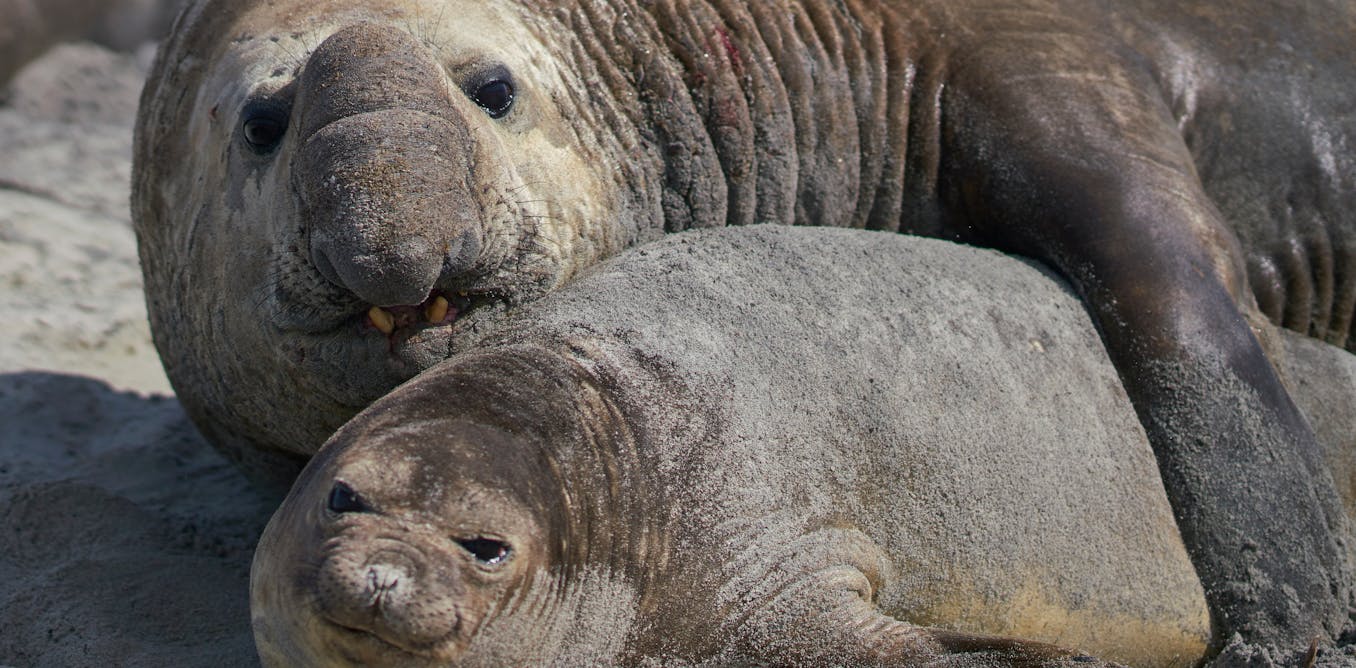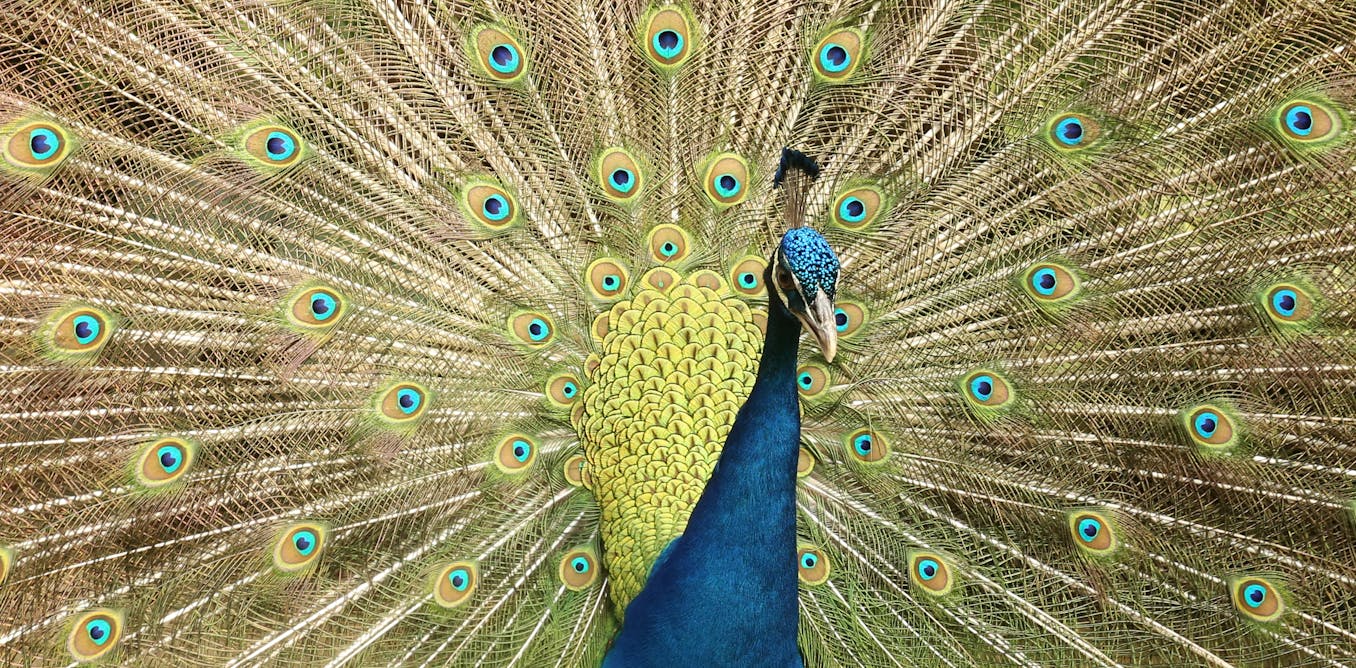New research shows bigger animals get more cancer, defying decades-old belief
Evolution walks a tightrope between body size and cancer prevalence
George Butler, Career Development Fellow in Cancer Evolution, UCL
• conversation
March 6, 2025 • ~7 min
March 6, 2025 • ~7 min
Evolving intelligent life took billions of years − but it may not have been as unlikely as many scientists predicted
Humans evolved late in Earth history. While this timing inspired the conclusion that humanlike life is a cosmic improbability, a new study pushes back.
Jennifer L. Macalady, Professor of Geoscience, Penn State •
conversation
Feb. 14, 2025 • ~10 min
Feb. 14, 2025 • ~10 min
Twins were the norm for our ancient primate ancestors − one baby at a time had evolutionary advantages
Twins are pretty rare, accounting for just 3% of births in the US these days. But new research shows that for primates 60 million years ago, giving birth to twins was the norm.
Jack McBride, Ph.D. Student in Anthropology, Yale University •
conversation
Dec. 16, 2024 • ~8 min
Dec. 16, 2024 • ~8 min
Ferns’ ability to evolve ‘backward’ offers insights into the meandering path of evolution
Evolution is often depicted as a steady forward march from simple to complex forms. But new research shows that certain ferns can evolve ‘backward.’
Jacob S. Suissa, Assistant Professor of Plant Evolutionary Biology, University of Tennessee •
conversation
Dec. 13, 2024 • ~9 min
Dec. 13, 2024 • ~9 min
/
25









